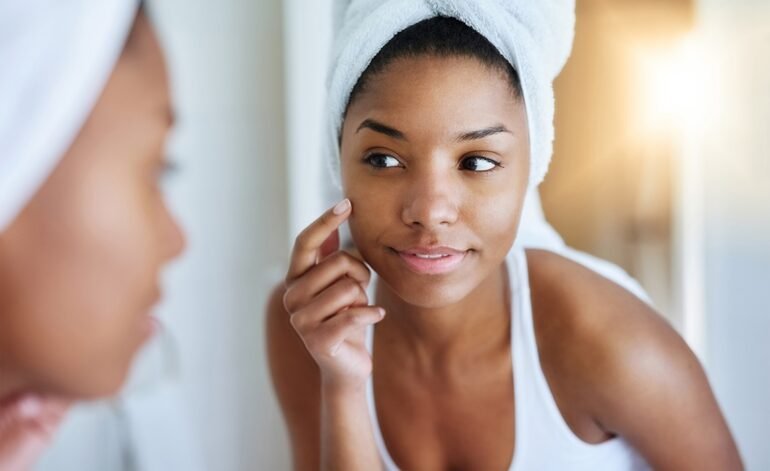Prior studies have shown that changes in skin mechanical properties with UV irradiation widely vary, with some reporting a leathery-like skin appearance, suggestive of tougher tissue. But a conclusive link between mechanical changes and prolonged UV exposure has not been established.
To know the effects of UV-induced damage, researchers from Binghamton University quantified the changes in the mechanical properties of skin irradiated with UVA and UVB light for incident dosages up to 1600 J/cm2. The study findings are published in the Journal of the Mechanical Behavior of Biomedical Material
The study explores how ultraviolet radiation affects collagen, the fibrous protein that binds together tissue, tendon, cartilage, and bone throughout the body. They compared full-thickness skin samples before and after various levels of UV exposure.
An easy way to characterize the features of skin is by conducting a mechanical stretch test on it. If it stretches very easily, it is relatively compliant, but if it is much harder to stretch, you can characterize it as much stiffer.
Similarly, in this experiment, researchers wanted to see what the isolated effects of UV light would be and compare it with a scenario where the skin is not exposed to UV light. They found that as the skin absorbed more UV Radiation, the collagen fibers were more tightly packed together, leading to increased stiffness and making them harder to break
The body has this natural response in any tissue when there’s some sort of injury, which likely happens in the skin too. Wherever there’s some sort of threat, there must be compensation from some other part of the tissue.
Sometimes, the body’s reaction will keep you alive, but it is not necessarily a good result, possibly leading to other medical issues later. Figuring out why these things happen could allow future doctors to steer the reactions in a healthier direction.
Any kind of disruption to normal skin is going to be extremely dangerous and detrimental to our overall lifestyle. Even considering the cosmetic side of things, where a person’s perception of themselves can be challenged when their skin does not look good.




